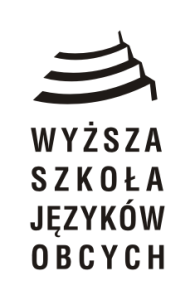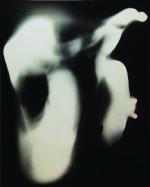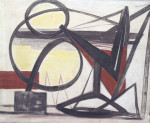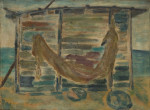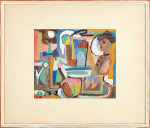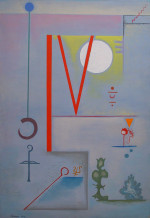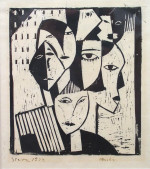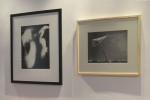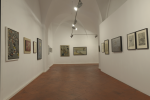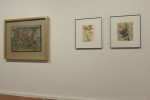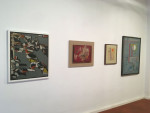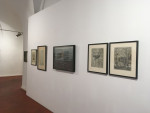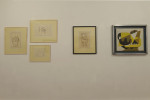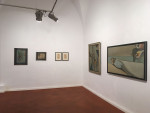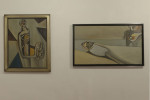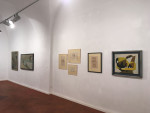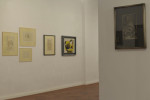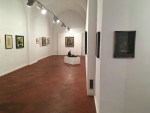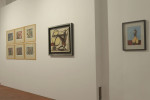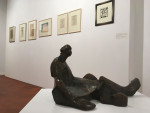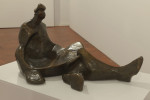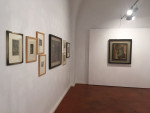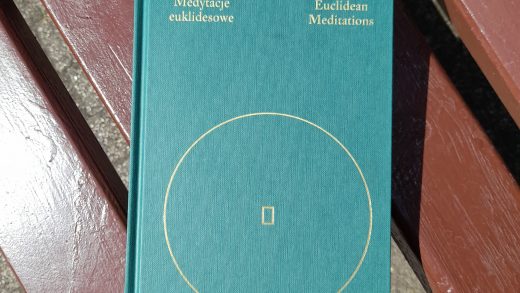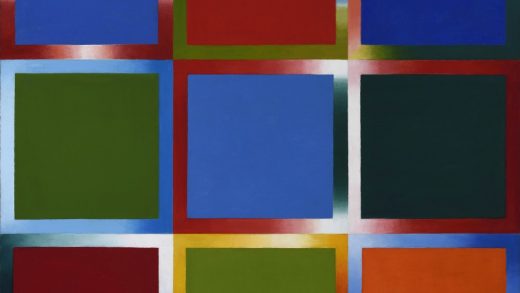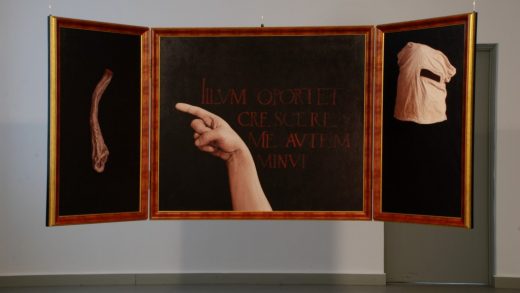20.11.2020-23.12.2020
Location:
Galeria Piekary,
ul. Św. Marcin 80/82, Poznań
CK Zamek, Dziedziniec Różany
Organizers:

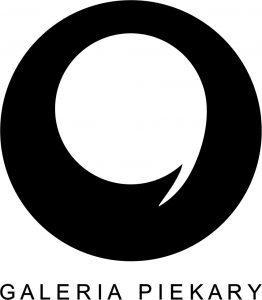
Partners:


Media patronage:
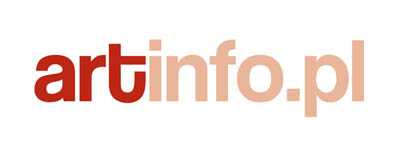
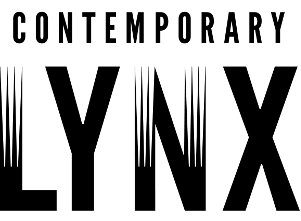

Co-financed by the Ministry of Culture and National Heritage from the Culture Promotion Fund and the City of Poznan
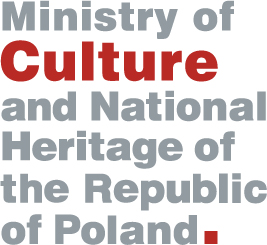

In view of the current circumstances relating to the COVID-19 pandemic and the recent governmental regulation, we regret to inform that Piekary Gallery will remain closed to the public from November 7th, 2020, to November 29th, 2020. No previously scheduled events will be held in that period. Please follow us on our social media for relevant updates:
https://www.facebook.com/Galeria.Piekary
https://www.instagram.com/galeriapiekary/?hl=pl
and visit Piekary Gallery and 9/11 Art Space Foundation websites:
https://galeria-piekary.com.pl/
The exhibition Hommage à Józef Chrobak – Around the Memories of the Krakow Group will be made accessible to the viewers as soon as applicable regulations permit art galleries to admit members of the public.
9/11 Art Space Foundation and Piekary Gallery are pleased to invite you to an exhibition commemorating the achievement of Józef Chrobak (1948-2015), curator and art researcher, an outstanding expert on all matters relating to the oeuvre of Tadeusz Kantor and the Krakow Group, co-founder of the PI Gallery, and director of Krakow’s legendary Krzysztofory Gallery in the 1980s. The show revisits the activities and undertakings of one of the foremost researchers and promoters of Polish modern art—spanning exhibitions, archiving and publishing—with a wealth of archival material to supplement the display.
Born in 1948, Józef Chrobak remained associated with Krakow and its arts milieu throughout his life. Having graduated from the Jagiellonian University, Chrobak and his wife Maria Anna Potocka founded the PI Gallery in 1972, as Poland’s first private institution of culture which functioned until 1980. His subsequent project, i.e. the Pawilon Gallery in Nowa Huta, was established in 1974,, at which time he had already been engaged in organizing shows of the Krakow Group. As Chrobak became the director of the legendary Krzysztofory Gallery in 1989, his association with the Krakow Group and Tadeusz Kantor’s Cricot 2 Theatre grew even closer. The period saw not only numerous exhibitions but also many important meetings and debates concerned with contemporary developments in art.
Chrobak also collaborated with the Starmach Gallery, where he would stage multiple shows since the late 1980s. It was there that in 1998 he joined forces with Marek Świca as curator to deliver the most important exhibition presenting the directions and trends in art of the latter half of the 1940s. Entitled The First Exhibition of Modern Art. Fifty Years Later, the show was accompanied by an exhaustive volume edited by both curators. It was in fact the sole such study of a major cultural event of the 20th century; based on meticulous research and investigations, it sought to dispel the legends and myths surrounding The First Exhibition of Modern Art which opened on December 19th, 1948, at the Palace of Arts in Krakow only to be closed down shortly afterwards by the authorities. The volume comprised archival resources, photographs of the works, essays, as well as a reprint of the original catalogue.
In the new millennium, Józef Chrobak was very active as one of the chief curators at the Cricoteka, having an enormous influence on the younger theatre experts and art historians. On behalf of the Cricoteka, Chrobak would organize shows of Tadeusz Kantor at the Palazzo Pitti in Florence, the KUMU Museum in Tallin, and the National Gallery of Art in Vilnius, among other events. He also contributed as curator to exhibitions of Władysław Hasior or Krzysztof Niemczyk, not to mention his being responsible for the joint show of Joseph Beuys and Tadeusz Kantor at the Museum of Contemporary Art MOCAK in Krakow.
Our exhibition features works of artists whose oeuvre was both promoted and studied by Józef Chrobak, such as Tadeusz Kantor, Henryk Wiciński, Bogusław Szwacz, Jonasz Stern, Marek Włodarski, Jadwiga Maziarska, Maria Jarema or Karol Pustelnik. The pieces demonstrate the broad range of formal means and techniques that the artists employed, but above all it reveals the significance of their work in the rich context of Polish art. The display includes the incredibly compelling and inspiring sketches of sculptural designs, costumes and theatre sets for the Cricot Theatre created by Henryk Wiciński, Kantor’s metaphorical drawing from the late 1940s, made soon after his return from Paris, collages by Jonasz Stern and Jadwiga Maziarska or photographs by Marek Piasecki. The exhibition is accompanied by a dedicated catalogue.
